

2708-9517
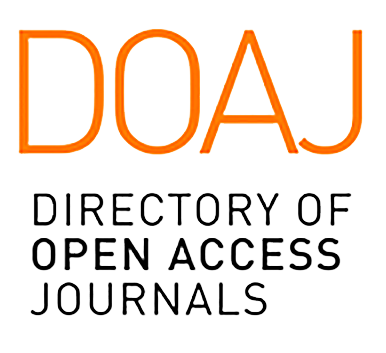
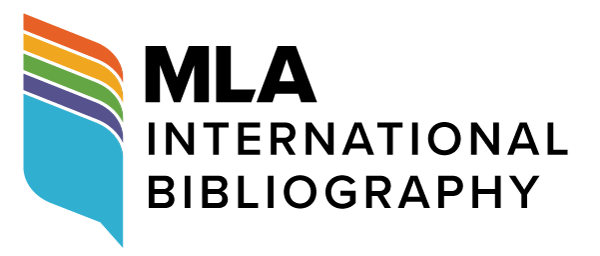
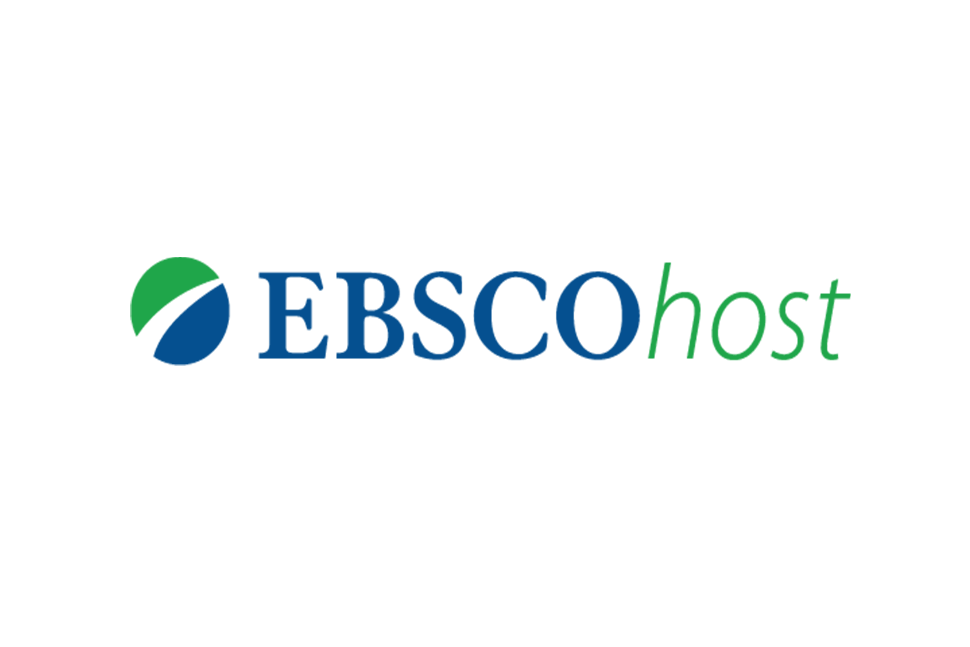
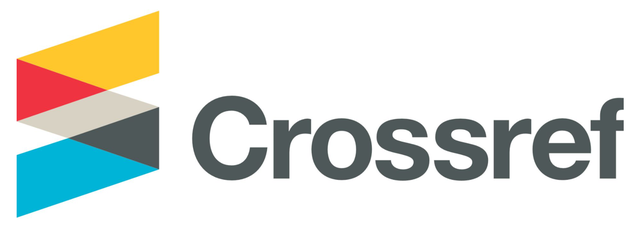

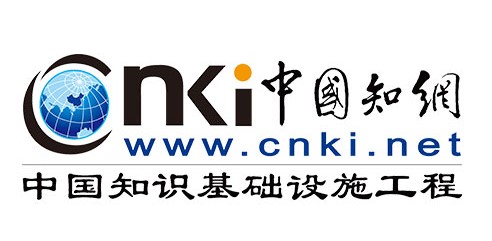
MLA Directory of Periodicals
REAO: East Asian Studies Journals
EBSCO Education
DOAJ
ProQuest
Google Scholar
Semantic Scholar
ROAD
BASE
Helka Helsinki Library
Baidu Scholar
Ex Libris
Jouroscope
US Department of Commerce Research Library
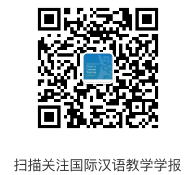
Zhiyan Guo
University of Warwick, UK
Abstract
In the recent decades, various forms of virtual exchange (VE) have been adopted by scholars and practitioners into their curriculum and classrooms of foreign languages. While VE has been widely recognised as conducive to intercultural learning, how types of task affect the development of intercultural competence requires studies in more depth, and the task effectiveness in VE in the context of teaching Chinese as a foreign language (TCFL) has also been rarely touched upon so far. The current study is based on weekly virtual exchanges completed for one term in the last two years between university students in China and the UK, drawing on the theoretical framework of intercultural competence (IC) and literature in VE mostly relating to learning of English and other European languages. Comparisons are made in the different types of tasks that students completed to explore how they have contributed to participants’ development of IC. Questionnaires, Padlet notes, and reflective journals were used as the main data set and the qualitative data analysis was conducted using NVivo. It has been found that participants acquired new knowledge in the target language and developed their IC in dimensions including attitude, knowledge, skills, and critical cultural awareness. Issues such as types of tasks, agentive and collaborative task in particular, and the relationship between task effectiveness and IC development are addressed and teaching implications are drawn for future VE projects in TCFL.
Keywords
Task effectiveness, intercultural competence, virtual exchange, task design, telecollaboration in Chinese as a foreign language
网络交换中任务有效性与跨文化能力的发展—以中文作为外语为例
郭志岩
华威大学,英国
摘要
近年来,各种形式的网络虚拟交换涌入教师学者们的课程设置和外语课堂中。虽然广泛认为此种交换有利于跨文化的学习,但是何种交换任务有利于跨文化能力的发展,仍有待深入研究。在国际中文教育领域,网络交换任务有效性的研究就更为少见。本研究以中英两所大学的学生每周一次共八周的网络虚拟交换为例,利用问卷、 Padlet 平台记录和反思报告为数据,并结合NVivo 进行质性分析,从跨文化能力发展框架的角度,比较分析两年的网络交换中不同任务的有效性,并从态度、知识、技能和批判性文化意识方面考察何种任务有利于跨文化能力的发展;探讨任务类型,尤其是合作型和能动性的任务特点及任务有效性与跨文化能力的发展之间的关系,同时为未来教学中使用类似项目提出建议。
关键词
任务有效性;跨文化能力;网络虚拟交换;任务设计;国际中文教育中的远程合作